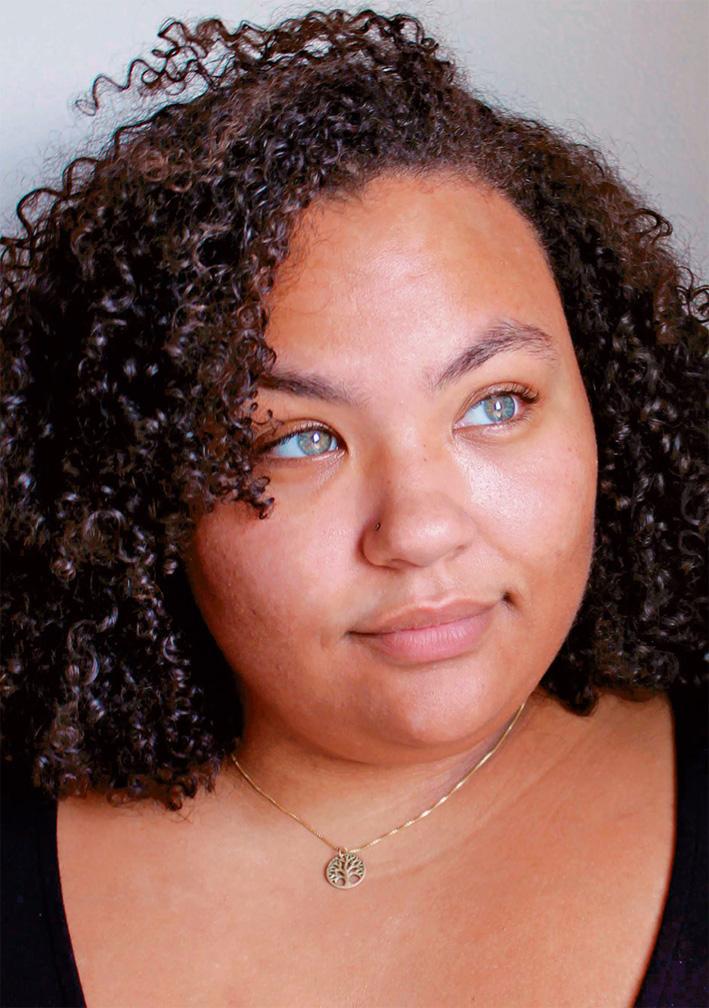Leila Mottley


INTRODUCED BY Kiese Laymon author of three books, most recently Heavy: An American Memoir, published by Scribner in 2018.
I am leaving northern Mississippi, likely forever, the night I read Justice Alito’s draft opinion that would obliterate healthy reproductive choice for millions of specifically poor young Black women.
And I’m thinking about Leila Mottley’s Nightcrawling.
There is a excellent argument to be made that Nightcrawling is the most compelling book written by an American teenager in my lifetime. Somehow, even that feels too brittle, too boring, for the way Leila Mottley, nineteen, pulls us through a body, a city, and a nation equally consumed with crawling toward liberation and jogging toward inequitable failure for our narrator, Kiara, or Kia. Nightcrawling is a scorching, layered, incredibly readable book that takes seriously the task of readerly provocation on every page. We needed it before the Alito leak, and honestly, we need it more—much, much more—after. Get ready. Or don’t. It doesn’t matter. Leila Mottley is here. And she is doing her part to reckon with what Treva Lindsey calls living through “unlivability.” This is our conversation.
Nightcrawling blew my mind and my heart. More than anything it made me want to write. How has the dream of writing an incredible book differed from the act of writing an incredible book?
I’ve always been a reader, and I read, I had an image in my head of the completed work and how it could be everything I’d want to see as a reader. I also had an image of what it would be like to write, which in my head was many wistful days at cafés and ease and endless excitement. I think fantasy is an integral part of the writing process, and without my overdeveloped imagination curating an image of writing and literature, I don’t think I’d have been able to make it through the tedious, messy, challenging parts of writing. The reality of the writing process requires a lot of dedication to the work even when it feels like it doesn’t match the vision. After I wrote the first draft of , I read it back, and while there were parts that I loved, it didn’t live up to what it was in my head. I have since realized that it’s not supposed to, and as much as I love the drafting process, I feel a sense of relief knowing that no matter what my writing looks like after that first draft, it doesn’t have to stay that way.
You’re reading a preview, subscribe to read more.
Start your free 30 days